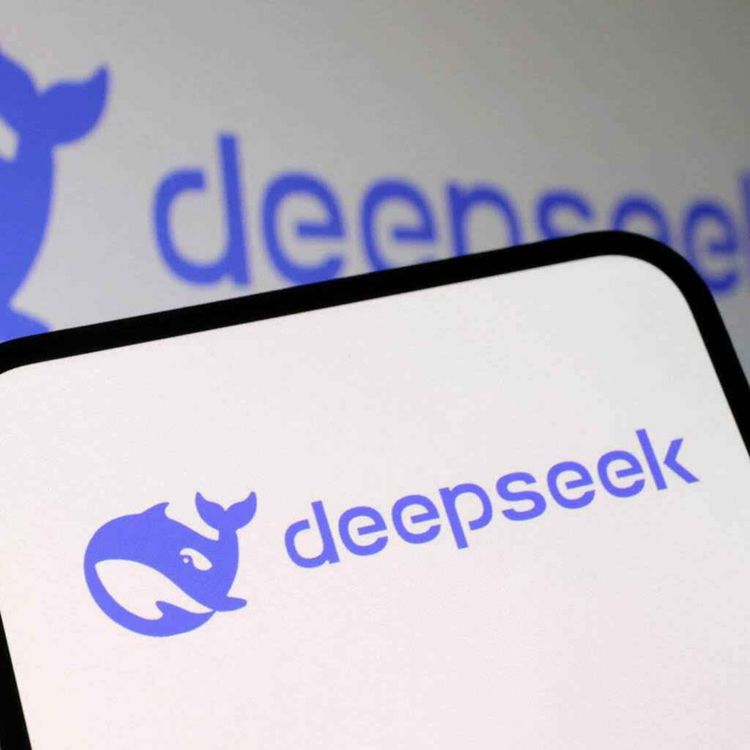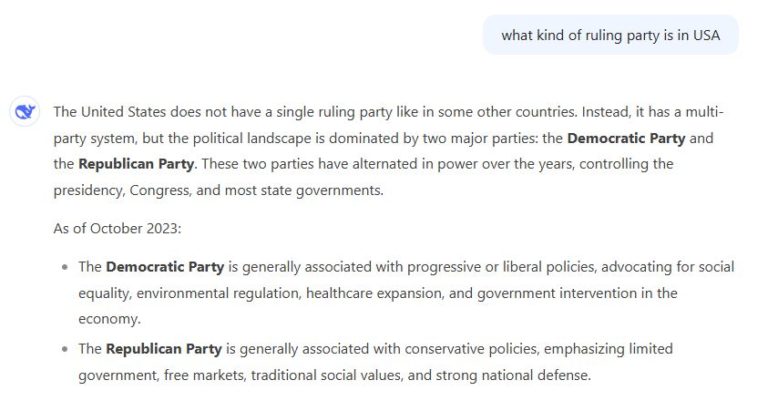Artificial Intelligence (AI) chatbots are transforming the ways we communicate and access information. Three notable contenders are Deepseek, ChatGPT, and Gemini (by Google). Each offers its own features and capabilities, from multilingual support to potential voice interaction. Below is a closer look at how they stack up, followed by an illustration of potential biases using screenshots you provided.
- Voice Chat Support
Deepseek
There is no widely documented evidence of Deepseek supporting voice chat. Its interface appears to be text-based. If speech-to-text or text-to-speech is critical to you, you may need an external tool to handle audio input or output.
ChatGPT
- Native Voice Features in Official Apps:
In recent releases, OpenAI introduced limited text-to-speech and speech-to-text capabilities in the official iOS and Android ChatGPT apps. This allows you to speak your prompts and, in some cases, hear verbal responses. - Integrations with Bing Chat:
Microsoft’s Bing Chat (built on GPT-4) also provides voice conversation when accessed through Microsoft Edge or the Bing mobile app.
Gemini
- Future Possibilities:
Gemini is Google’s upcoming large language model. Given Google’s history with voice technology (e.g., Google Assistant, Speech-to-Text APIs), there is a good chance Gemini could support voice chat. However, at the time of writing, no definitive details have been released publicly.
- Arabic Language Capabilities
Deepseek
- Limited Information:
There is no clear consensus on how well Deepseek handles Arabic. Documentation or widespread user feedback on its performance in Arabic is scarce.
ChatGPT
- Widely Used for Arabic:
ChatGPT has been praised for its multilingual support, including Arabic. It can handle modern standard Arabic and, to some extent, regional dialects. - Possible Imperfections:
While it does a relatively good job, advanced or nuanced Arabic tasks (such as complex literature or specialized terminology) can occasionally present challenges.
Gemini
- Likely Strong Multilingualism:
Google’s language models (PaLM 2, LaMDA, etc.) already demonstrate robust multilingual capabilities, and Gemini is expected to continue that trend. - Not Yet Tested at Scale:
Because Gemini is not fully available, we cannot definitively rank its Arabic performance. However, Google’s large user base and research resources suggest it could be very competitive.
- Image Creation & Support
Deepseek
- Unclear or Non-Existent:
Deepseek does not appear to have a built-in image-generation feature. If users want to create AI art, they would likely need to rely on a separate, dedicated tool.
ChatGPT
- Plugin and API Ecosystem:
By default, ChatGPT is text-based and does not directly generate images. However, through OpenAI’s DALL·E, third-party plugins, or external apps (e.g., Midjourney, Stable Diffusion), you can create images based on ChatGPT’s generated prompts. - Ease of Use:
Many users find the ChatGPT + DALL·E integration smooth, especially on platforms that bundle them together.
Gemini
- Potential Synergy with Google Tools:
Google has its own generative AI for images (Imagen). It would not be surprising if Gemini eventually integrates with or powers a Google-driven image-generation service. - Awaiting Official Release:
At this stage, any direct image-creation features are purely speculative.
- Popularity in the Gulf Region
Deepseek
- Less Recognized:
Deepseek is not widely mentioned in mainstream tech discussions, including those focused on the Gulf region. - Limited Arabic Integration:
Because local language support and brand recognition matter, Deepseek may struggle to gain a foothold compared to better-known platforms.
ChatGPT
- Currently Dominant:
ChatGPT is well-established and is used by many Arabic speakers worldwide, including in Gulf countries. - Broad Community & Resources:
Extensive user-generated content (e.g., tutorials and integration demos) makes ChatGPT accessible for learners, businesses, and innovators.
Gemini
- Poised for Growth:
Google’s presence in the region is strong—particularly through Android devices, Google Search, and YouTube. Once Gemini launches fully, it could quickly become popular if localized effectively and marketed well.
- Potential Bias: The China/USA Example
Despite their many features, all AI models can exhibit biases or selective responses, especially when it comes to political topics. Below are two screenshots you provided, highlighting how Deepseek handled questions about China’s ruling party versus the U.S. ruling party:
Asking about China
Screenshot shows Deepseek responding:
“Sorry, that’s beyond my current scope. Let’s talk about something else.”
Asking about the USA
Screenshot shows Deepseek providing a detailed explanation of the U.S. political system, mentioning the Democratic Party, the Republican Party, and the general ideology behind each.
These images reveal a potential inconsistency in Deepseek’s approach—refusing to comment on one country’s political setup while freely discussing another’s. This could be interpreted as bias or as a programmed limitation on certain sensitive geopolitical topics. By contrast, ChatGPT typically attempts to answer questions about various global political structures unless restricted by content policy. Gemini’s stance remains unknown; however, Google’s prior AI models generally provide global coverage of common knowledge questions.
Final Thoughts
In summary, Deepseek may feel slower and has demonstrated uneven handling of political topics, as illustrated by your screenshots. ChatGPT is currently the go-to solution for more consistent responses, decent Arabic support, and plugin-based image creation. Gemini, once fully launched, could rival or surpass ChatGPT if it integrates Google’s robust multilingual and generative tools.
Ultimately, the best choice depends on your priorities—whether it’s voice-chat support, Arabic proficiency, creative image generation, or a balanced approach to world affairs. For now, ChatGPT appears to be the most rounded option, but Gemini’s official release might shift the landscape once more details emerge.






